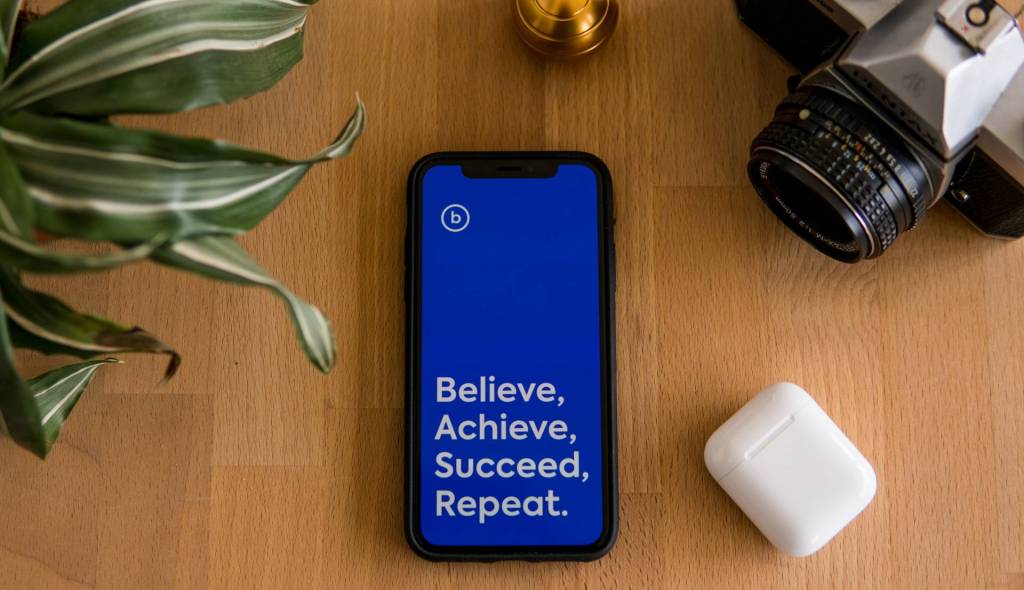 Small business owners face many challenges. They wear multiple hats every day because they lack a complete, professional management team. They juggle long lists of action items that are important for the success of the business. They monitor their cash flow closely because most small businesses are underfunded and lack a proper line of credit for working capital. And, last but not least, they make many (if not all) critical business decisions without strategic input from other experienced owners.
Small business owners face many challenges. They wear multiple hats every day because they lack a complete, professional management team. They juggle long lists of action items that are important for the success of the business. They monitor their cash flow closely because most small businesses are underfunded and lack a proper line of credit for working capital. And, last but not least, they make many (if not all) critical business decisions without strategic input from other experienced owners.
Most small business owners enjoy the freedom to make their own decisions when starting out. But, a few years down the line, many begin to recognize that they may not be making the best and most profitable decisions. That’s the point at which they begin to recognize that they could use outside input or guidance. One option for filling this need for input is a business coach.
If you are a small business owner, consider the follow two recent situations I have encountered:
When I met with Bob, he spoke about being tight on cash. This led to a discussion regarding how he structures customer payments on his construction projects. I shared examples regarding how people do this in my industry, which is different from Bob’s. I explained how I decided to deviate from the typical practices in my industry and asked why he chose to structure his payment terms as he has traditionally done. By the end of the session, Bob made a decision to increase the initial payment amounts for future projects, the net effect of which will be an estimated improvement by 90 days of $100,000 of cash flow. He said at the end of our meeting that “I have been told in the past that I should change my terms to make them more favorable for me, but until you explained things in this way I never felt comfortable doing this.”
In a recent meeting with Jim, he mentioned that he has difficulty keeping focused on critical actions. One of the main reasons for this was the sheer volume to changes taking place in his small business. We discussed a wide array of things that were going on in his business, including the acquisition of a small competitor and the need to integrate the new employees into his company’s work process, the need to focus more business development resources into the products portion of the business rather than the services portion, and deciding whether and how to bring an equity partner into the business. We talked through these and other issues. By the end of the session, he had selected the top three areas on which to focus. He agreed to place these three issues at the top of each day’s action items list and delegate more of his lower level tasks to others so that he could complete his “top 3” within 30 days.
These examples highlight common challenges faced every day by small business owners. With a coach, owners don’t have to face such challenges along and make critical decisions in a vacuum.
Coaches don’t consult. They ask thoughtful questions and challenge business owners to think deeper. They help them focus on what is important. They encourage them to set specific goals and dates by which they will be achieved. They act as a source of accountability to better insure the important things needing the owner’s attention get done rather than slide.
If any of this sounds familiar, perhaps you should consider getting a coach. Most high performers have multiple coaches!












